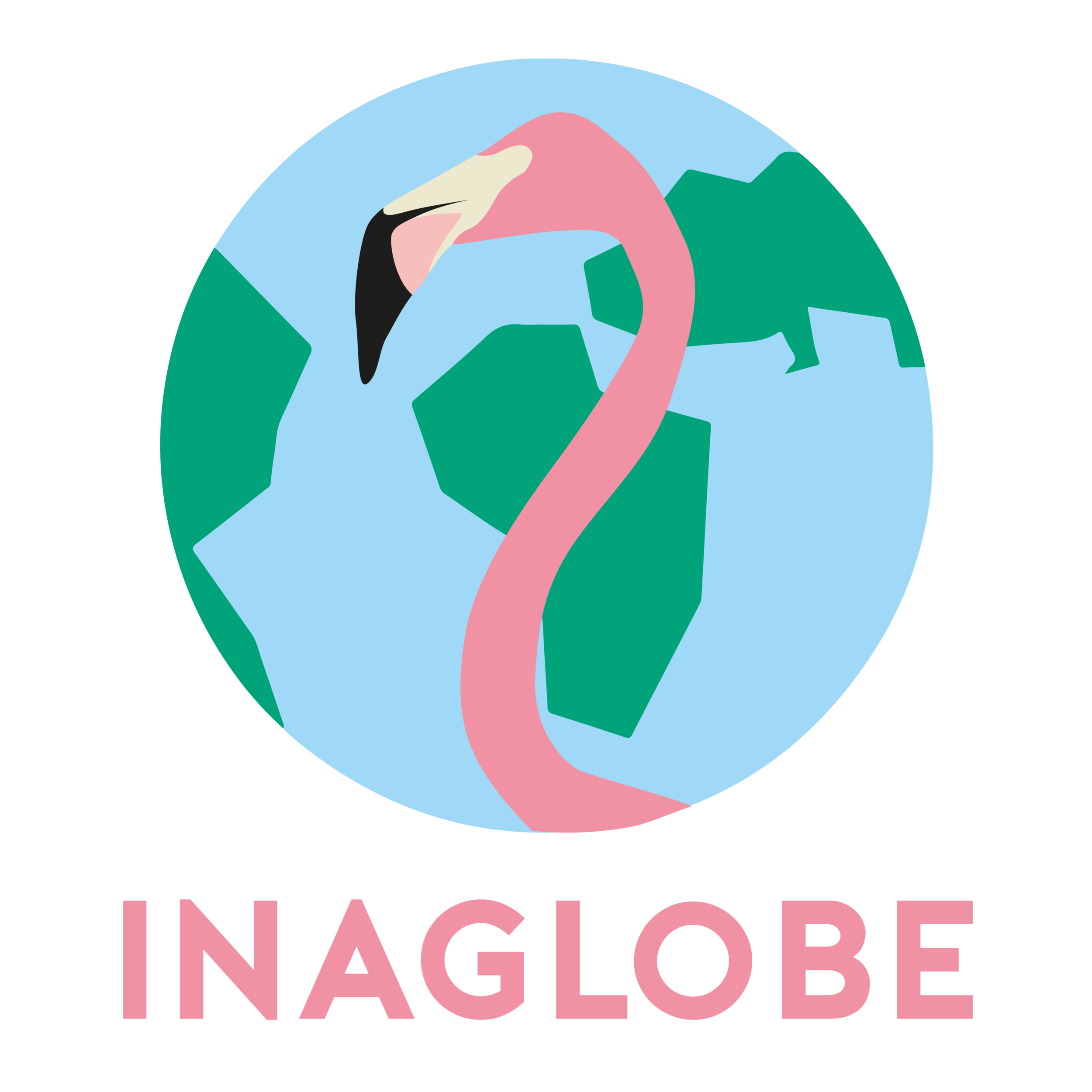Our Vision: By Jaime Aguilera Garcia
Challenges of our Generation – the InAGlobe Education vision
InAGlobe Education is an initiative that emerged when three Imperial College students endeavoured to work on engineering projects catered to the developing world, but couldn’t find many opportunities to do so. Every year countless hours and invaluable work are invested into curricula-based projects, yet, these rarely provide a real need, and therefore the projects end up archived. Thus, the three boys sought to fill that void and solve a perpetual problem: that the developing world does not receive the attention it needs with regards to innovation.
By 2050, the world will experience a new population boom in emerging countries that will result in a steep increase in demand for energy, clean water, food, communication systems, and many more basic needs. Therefore, it is imperative that novel technologies are developed to cater to these needs in their specific contexts. With a damaged environment and a quickly-warming planet Earth, developing more sustainable and cleaner technologies is crucial to building a better society. Consequently, presenting this opportunity to future engineers and scientists opens a world of understanding and involvement that makes a real impact, driving a new era for innovation.
InAGlobe Education’s grand vision is to create a matchmaking platform for innovation opportunities accessible to academics and students looking to become involved in humanitarian development. By having a large pool of involved academics and a large pool of partner NGOs, hopefully, all innovation voids can be filled. With a large supply of projects and a large demand for involvement, a more specific allocation of projects will improve the quality of the technologies and their implementation prospects.
The standard narrative with regards to innovation and technologies for the developing world has increasingly been about developing a product for the West, and then adapt it to the new context. Often this comes with unforeseen consequences, especially from domino effects. Our aim as a nonprofit is to apply scientific data acquisition methodologies to acquire the most representative image of the landscape and all the players involved so that a project can be proposed for remote engineering of a personalised solution by applying systems thinking. We seek to enable a solution that uses local resources, local logistics channels, local labour, complements education and that is implemented in such a way that the local population is given ownership to ensure maintenance.
Due to a lack of resources, and the difficulty of justifying spending on careers events, NGOs and nonprofits working in the developing world struggle greatly to lure in talent from top universities, especially from technical fields. This is highly paradoxical to the huge responsibility that engineers and scientists have towards increasing the carrying capacity of this planet, such that it will cater the needs of 10 billion in the next 30 years, without destroying the natural habitat of all the other species local to the Earth – whether they are plants, animals, insects, fungi or protozoa.
Prior to the contemporary era, engineers and scientists bent nature to favour the survival and growth of the human species; now, as it becomes increasingly apparent that this approach was irresponsible, the goal shifts towards maintaining the beauty of a planet which cannot be replaced. Exposing future engineers and scientists to challenges in the developing world will allow more individuals to become involved in a field that is underrepresented in career fairs and events. This can only complement their education by affording exposure to new sets of contextual constraints that will allow for the development of low-cost, energy-efficient and clean technologies.
